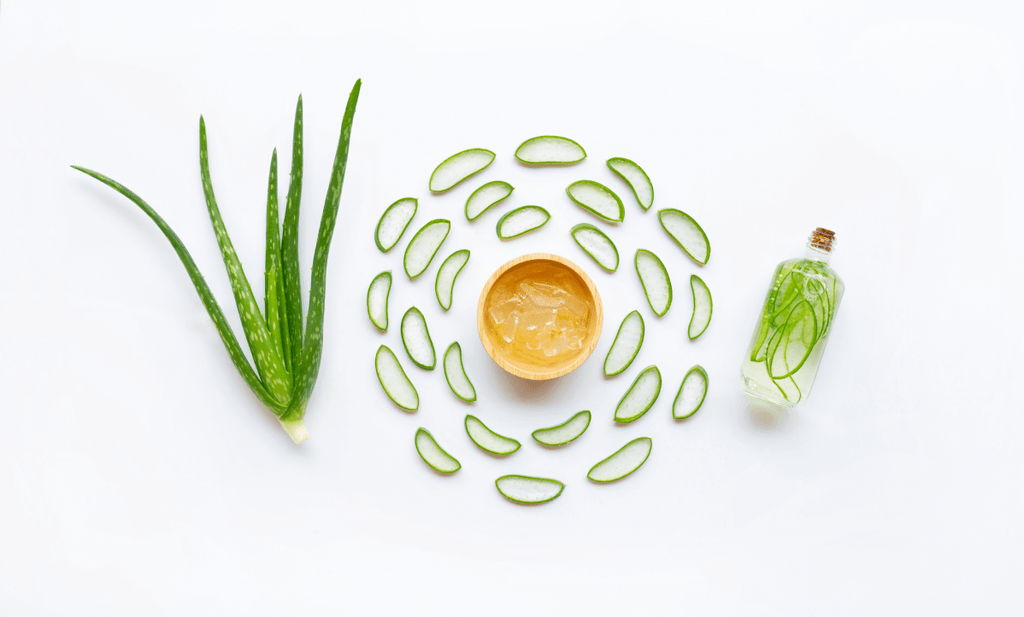How Nature’s Botanicals Can Support the Healing Process
For centuries, people around the world have turned to plants to soothe skin and support recovery from minor wounds. While modern medicine has advanced significantly, many of the herbs traditionally used for healing still offer valuable skin-supportive benefits—especially when carefully formulated into topical products.
But not all plant-based remedies are created equal. In this post, we’ll explore some of the most trusted herbs for wound care, how they work, and how they can safely complement your healing routine—especially when included in products like Celluheal.
The Science Behind Herbal Skin Care
Many herbs contain natural compounds—such as antioxidants, anti-inflammatories, and antimicrobial agents—that can aid in skin repair. These compounds may help:
- Soothe irritated or inflamed tissue
- Promote a balanced healing environment
- Support regeneration of healthy skin
- Protect against external contaminants
That said, using herbs directly from your garden isn’t always safe or effective. The key is using properly prepared, stabilized extracts in products designed for skin application.
Top Herbs That Support Wound Healing
Here are some of the most well-researched and commonly used herbal ingredients in skin repair:
-
Aloe Vera
Known for its cooling, soothing properties, aloe vera gel contains enzymes, amino acids, and vitamins that support hydration and tissue regeneration. It can be particularly helpful for minor burns, scrapes, and sun-damaged skin.
-
Calendula (Calendula officinalis)
Calendula is commonly included in herbal ointments for its calming effects and natural ability to reduce inflammation. It may help reduce redness and swelling while supporting new tissue formation.
-
Chamomile (Matricaria recutita)
Chamomile isn't just for tea. Applied topically, its natural anti-inflammatory and antioxidant compounds may help calm irritated skin and reduce discomfort in healing wounds.
-
Gotu Kola (Centella asiatica)
This lesser-known herb has gained popularity in modern skin care due to its ability to promote collagen production and improve skin elasticity. It may be beneficial for healing minor cuts and reducing the appearance of scars.
-
Comfrey (Symphytum officinale)
Comfrey has traditionally been used for wound healing, thanks to a compound called allantoin, which supports cell growth. However, it should only be used in regulated, topical formulations, as ingesting comfrey can be harmful.
Are Herbal Ingredients Safe for Everyone?
While many plant extracts are gentle and beneficial, not all skin types react the same way. People with allergies or sensitive skin may experience irritation from certain botanicals. That’s why it’s essential to:
- Use herbal products that are dermatologically tested
- Test the product on a small area of skin first to check for any adverse reactions before using it more broadly.
- Opt for products without unnecessary ingredients, such as artificial fragrances or drying alcohols, to minimize irritation.
How Celluheal Uses Plant-Based Support Wisely
Celluheal is a wound care product designed to support minor skin injuries such as cuts, scrapes, and burns. Its formulation is based on modern wound care science while incorporating gentle, skin-friendly ingredients that align with the healing needs of sensitive or damaged skin.
Celluheal helps maintain a moist wound environment, supports skin regeneration, and is safe for daily use on minor wounds. As always, follow usage instructions and consult a healthcare provider if symptoms persist or worsen.
When to Use Herbal Wound Care—and When to See a Doctor
Herbal ingredients can be an excellent complement to your wound care routine, but they are not a replacement for medical treatment. You should consult a healthcare professional if:
- A wound is deep, bleeding heavily, or not healing
- You suspect an infection (e.g., pus, swelling, warmth)
- You have underlying conditions like diabetes or poor circulation
- You’re unsure if a product is safe for your skin type or condition
Final Thoughts
Nature has given us many powerful tools to support skin healing, and herbs like aloe, calendula, and gotu kola continue to show promise in modern wound care. When used in carefully crafted products like Celluheal, these plant-based ingredients can play a meaningful role in promoting gentle, effective skin repair.
As always, the key is using the right product for the right purpose—something that’s formulated with both efficacy and skin sensitivity in mind. Healing takes time, and your skin benefits most from care that supports its natural repair—not care that disrupts it.

